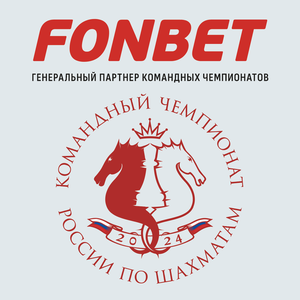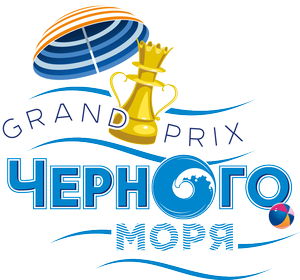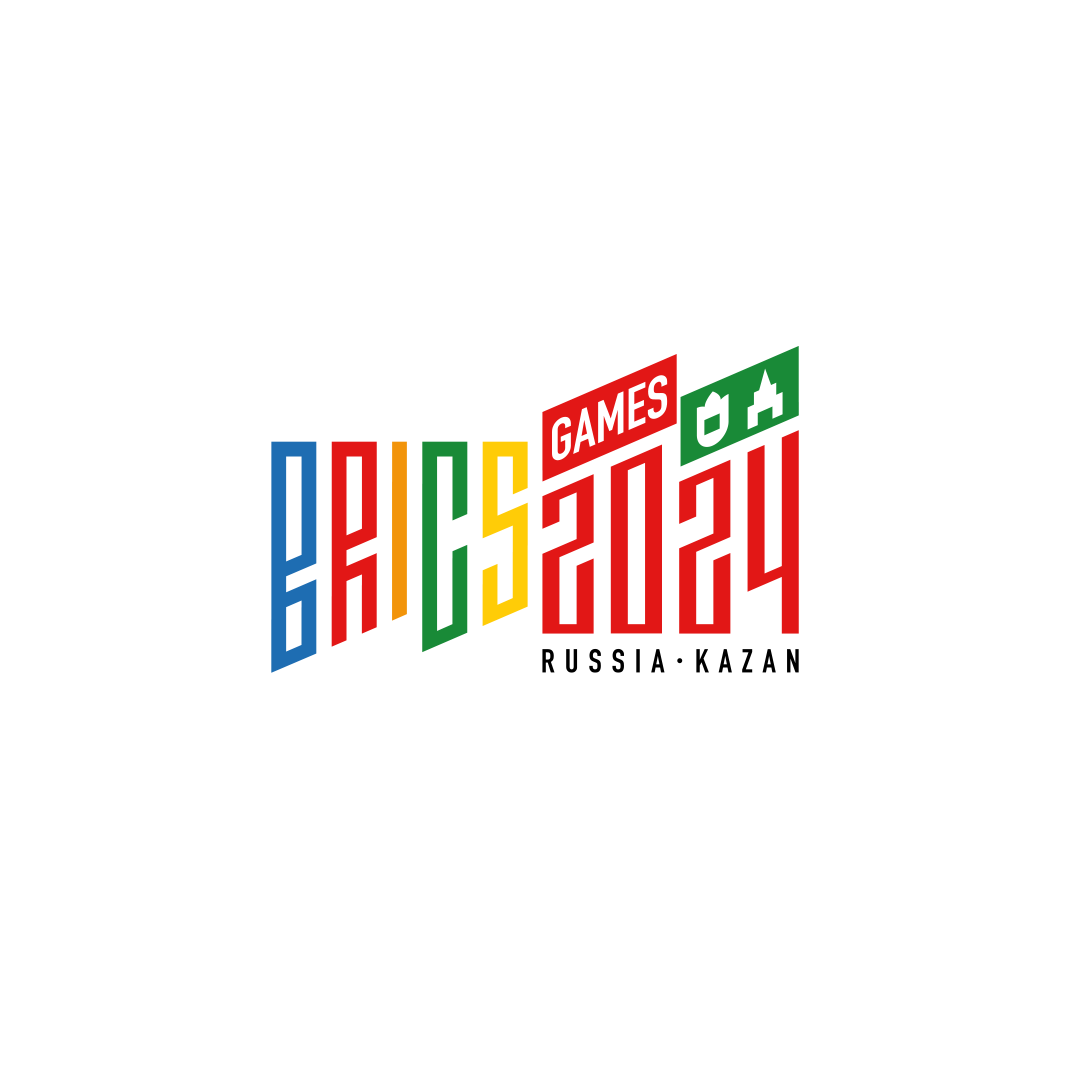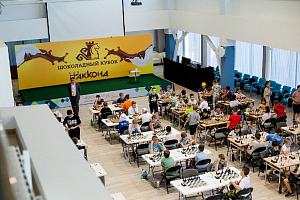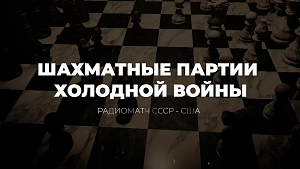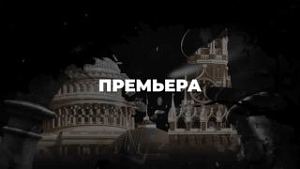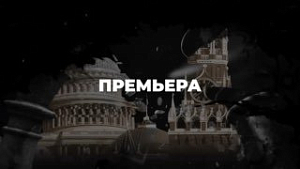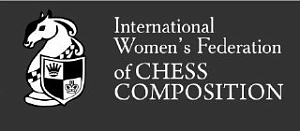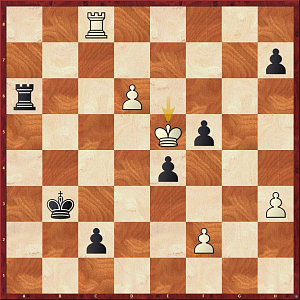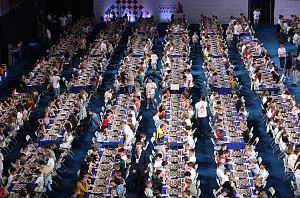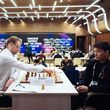Andrey Filatov: Chess Uses Its Natural Advantages in Difficult Times
Interview of the CFR President in the Sport-Express newspaper.
- Mr. Filatov, first of all, I’d like to ask you about the recently finished FIDE Online Olympiad. What do you think about this FIDE’s initiative in general?
- It turned out to be a very large-scale event, despite complications, which are inevitable while organising such tournaments. It is no coincidence that the IOC President Thomas Bach highly appreciated the FIDE’s initiative. The event’s significance is underlined by the number of its participants – 163 countries!
During the COVID-19 pandemic, when almost all sports (except football) were put on pause, chess uses its natural advantages. The main one is the possibility to hold serious competitions online.
- How responsibly did the Russian national team take the competition?
- As seriously as possible! We assembled an optimal line-up taking into consideration the tournament’s format. The coaches held several training camps, online as well. All sportsmen toed the starting line in a good state and were focused on winning. We managed to arrange the most comfortable conditions for the players, who could choose whether to play from home or the Central Chess Club in Moscow.
It has to be said that not only the Russian team was very serious about the event. Our main rivals also fielded optimally completed teams, and some of them were playing from their chess clubs or centres. The team atmosphere is not an abstraction; it exists and is formed by the interaction between players and coaches during the tournament. Since everybody – men, women, juniors, and girls – played in one team, the idea to compete from one place was right and productive.
By the way, most Indian players, our main opponents, whom we faced in the final, were also playing from the chess club.
- Why did Team India perform so successfully? After all, traditional rivals of the Russian team in chess are China and the USA.
- We have regarded India as one of our major opponents for a long time. The country is undergoing a real chess boom, and although the Indian players looked a bit weaker on “main boards”, they won back that lag on junior ones. India’s win over China is indicative in this sense. Although the Chinese national team looked very threatening with many well-known and strong players, the Indians defeated them 4-2 and qualified for the play-off stage from the first place.
Chess is a sport, and traditional favourites often lose. Look at the Chinese representatives, who fielded the strongest team but lost to Ukraine in 1/8!
- Is it possible to say that the play-off stage started easily for our team?
- I wouldn’t say so. We confidently qualified for the play-off from the first place, and it was an expectable result for the round-robin tournament. But the first encounter against Hungary in the quarterfinals showed that there wouldn’t be a bed of roses. We convincingly won the first match 5-1, but made a draw 3-3 in the second one. If we had lost the second match even with a minimal score, we would have had to play the Armageddon game to advance to the semi-final, and this is like a penalty in football; it is always a lottery.
And it all became more difficult later on. We faced the Americans in the semi-final. Their team was quite fighting even without Caruana and Nakamura. There were many worrying moments during the match. I cannot say that we “outclassed” them, but luck was on our side. We won the first match by a minimal margin, and the second one finished in a draw, which was satisfactory for us. And it was a battling draw: all six games ended decisively, and it is just a unique case for a team event! Thus, we made it to the final.
- As it is known, only ten games out of 12 were played in the final because there was a disconnect from the Indian side, and two games ended half-finished!
- And many news agencies, which were following our match online, hastened to announce us the winners! In truth, we were leading after ten games: Aleksandra Goryachkina scored a crucial victory (the only one in two matches!).
Players and coaches made their best, won all the matches, and deserved their gold medals. For me, this is the main outcome of the first FIDE Online Olympiad.
After the tournament, a unique situation appeared: in 2019, our men’s national team gained gold medals at the World and European championships, and then won the Online Olympiad in 2020. Things like that have never happened in the chess history of our country! As the Head coach of the Russian national men’s chess team, I feel a great enjoyment from the work of our players and coaching staff for the previous year and a half. I take the opportunity to thank the team, which has gone for this success for a long time!
Special thanks go to the Educational centre “Sirius” headed by Elena Shmeleva. The chess department has been working in “Sirius” since 2016, and all our juniors took training courses in the Centre. Now they are playing for the national team and bringing us gold medals. This is a great achievement!
- Speaking about chess in the time of the COVID-19. What was the Chess Federation of Russia doing in the previous six months, when all OTB tournaments were canceled?
- We focused on social and cultural projects in these hard times. At Vladimir Kramnik’s initiative, we held a big charitable tournament in aid of health workers. Supported by our partners (first of all, the Elena and Gennady Timchenko Charitable Foundation), we managed to raise around 25 mln rubles, buy individual protective gear and send it to the Russian regional hospitals, which are fighting against COVID-19. This brilliant project was broadcast live on Match TV and attracted all chess fans.
Later, we organised the Space to Earth chess match together with the Moscow Museum of Cosmonautics and the Roscosmos State Corporation. The game was played on June 9, 2020, on the day of the 50th anniversary of the first match between chess players on Earth and on orbit.
We are getting ready to present one more project in October – the first chess manual for the blind with the Braille alphabet. This textbook will be handed over to libraries and respective social institutions for free.
And finally, we are making preparations for publication of the historical book named Top Managers of the Soviet Chess. This issue is a tribute to the memory of those who created the Soviet chess school, unique and second to none.
- The following question is concerning all chess fans these days. It is clear that the chess life is going on online, but still, when do you think chess will come back to the offline mode?
- Everything will depend on the epidemiological situation. We follow the recommendations of the Russian Ministry of Sport and the Federal Service for Surveillance on Consumer Rights Protection and Human Wellbeing (Rospotrebnadzor) in our work. We are actively getting ready for two important CFR’s calendar tournaments – the Russian Championships Higher League and the Superfinal. We intend to hold these competitions adhering to all medical recommendations. I hope these tournaments will be held on schedule, although, without spectators, unfortunately.
Other calendar events, foremost the youth championships, will be organised online.
- However, there are some issues connected to events organised online. The number one issue is the lack of a fair play guarantee. While top events rely on the conscientiousness of leading GMs, how about ensuring fair play in an open tournament?
- Having analysed the situation, we have concluded that the only warranty of fair play is the monitoring by an arbiter. Even if not assuring 100% warranty against cheating, the arbiter’s presence online is as effective as offline. Therefore, if we intend to run online tournaments, especially with the classical time format, arbiters must be present. For this purpose, we are establishing a network of authorized centres in Russia in cooperation with the regional federations. This network will operate based on existing chess clubs.
If a player plays from such a centre, we can be confident about fair play, and his results are valid for calculating the Russian rating, awarding titles and prizes. We are working with the Ministry of Sports to revise the current chess regulations. This is important for the legalization of online chess!
When we grow the network of centres and they start operating, the attitude towards online events will change radically. I have no doubt that these centres will be in demand after the end of pandemic. A chess player does not have to travel to the other end of the world to participate in a tournament! It is enough to find and play from an authorized centre closest to their home and no one will question the result achieved.
- Which requirements apply for such centres?
- These requirements are not complicated: a centre should have good quality and reliable Internet connection. Permanent monitoring by arbiter is also required. These two should suffice, in principle. Needless to say, a playing hall shall comply with all norms developed by Rospotrebnadzor, such as 1.5m spacing between players, regular room airing, and free availability of hand disinfectants.
We count that some ten centres will appear in Russia soon in such big cities as Moscow, St. Petersburg, Kazan, Yekaterinburg, Novosibirsk, and others. We will test these centres at the European Online Youth Championship taking place at the end of September. If this experience is a success, we will extend it to the Russian Youth Championship scheduled in October.
This is now the only way to raise credibility for online chess, take it to the next level, and organize online tournaments with classical time control.
- My last question is, what are your short-term expectations?
- In the first place, I link these expectations to the FIDE Candidates Tournament to be resumed on November 1. The tournament features three Russian GMs. One of our national team leaders, Ian Nepomniachtchi, will resume the second half of the even from the first place. He works a lot, and we have taken care to provide him with everything he needs. Hopefully, the second half will be no less successful for him than the first one. Ian has contributed much to our national team’s big success. I want to believe that his list of individual achievements will add a significant dimension as well!









